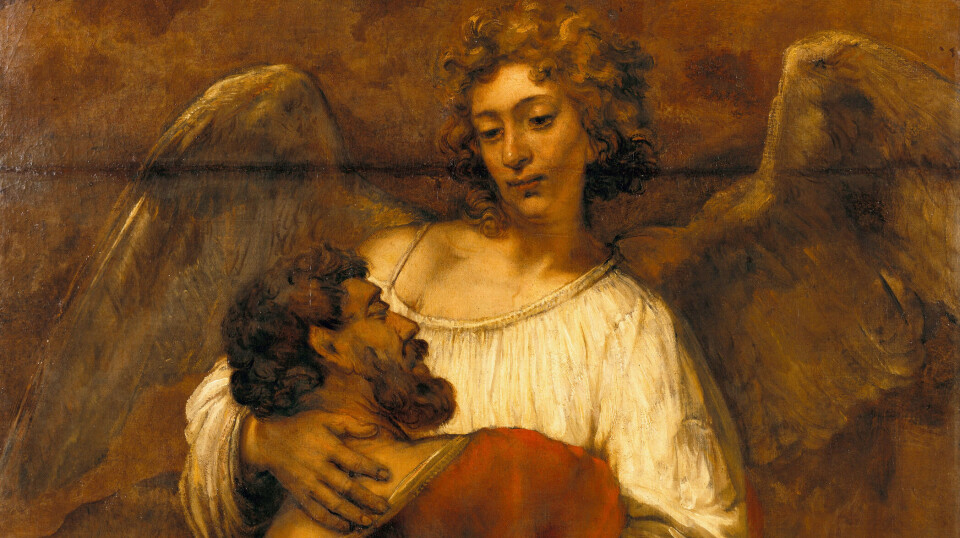
Where did the angels go?
"We are reluctant to talk too much about angels today," says a researcher. But many believe that angels are still around us.
“Today, angels have lost their dangerous qualities. Calling someone an angel is generally taken as a compliment,” says Magnar Kartveit.
23 per cent of adults in Norway believe in angels, according to a 2022 survey conducted by Norstat for Strek magazine (link in Norwegian). 31 per cent reported that they believed in God.
Nevertheless, the Church of Norway is cautious in how it deals with angels.
“The church has to live with the fact that angels are solidly represented in both testaments, but I think we are reluctant to talk too much about angels today. The reason is likely that there is so much exaggerated religiosity based on angels,” says Kartveit.
He is professor emeritus of the Old Testament at VID Specialized University.
Angels take over for a more distant god
In the oldest Bible texts, God spoke directly to people, such as the prophets.
“But when Jerusalem was occupied around the year 500 BCE and the population went into exile, God became more distant and spiritual. The ensuing space was filled by angels,” says Kartveit.

In the biblical texts written after the exile, God sent angels to Earth with information and commands.
“The explanation is that after the exile, God became the only God. This is when monotheism emerged. In ancient writings found outside the Bible, other gods did the communication work, but in the Old Testament, it’s the angels,” he says.
Good and evil deeds
The angels were messengers and protectors, but they could also be evil beings.
“When God was angry with people, he used the angels to punish them with the loss of property, illness, and death,” says Kartveit.
As when God punished King David by sending a pandemic that killed 70,000 people, according to the Book of 2 Samuel.
“It was an angel with a sword who brought the plague to Jerusalem,” he says.
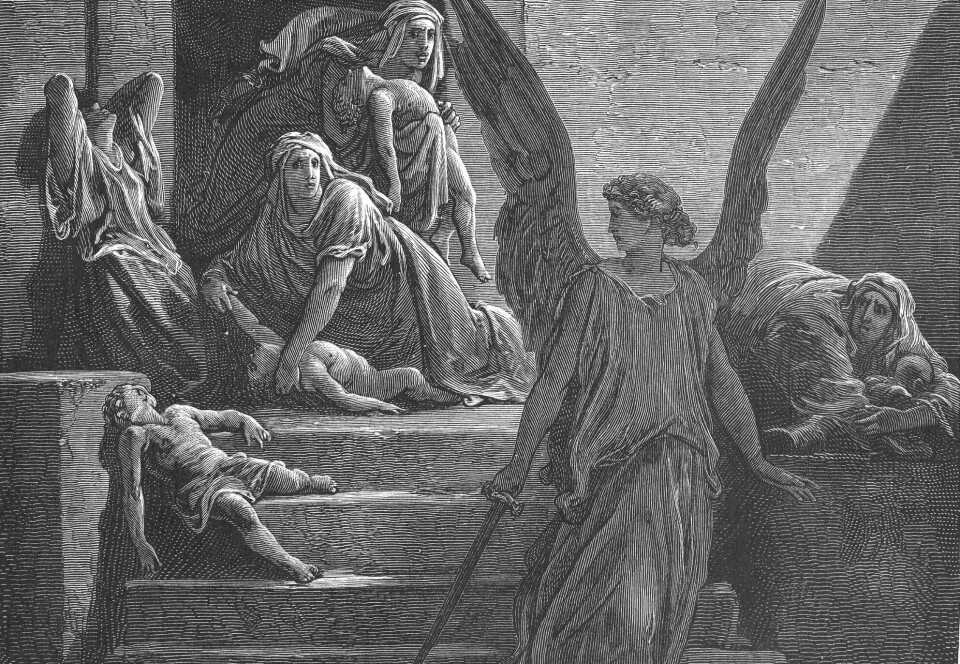
Angels are usually benevolent beings
Angels have different roles in the New Testament as well.
“Usually they are good, but the Bible also says that Satan has his own army of angels,” says Kartveit.
A popular theory is that Satan himself was once an angel who rebelled and was cast out of heaven.
His angels – also called demons – tempt, spread lies, practise heresy, make people sick, and possess their bodies.
After a thousand years, the role of angels in Christianity started to change with the coming of the Reformation in the 16th century.
The Holy Spirit takes over
“The Reformation in general, and Lutheranism and Calvinism specifically, are important reasons for what the sociologist Max Weber later called disenchantment. The focus shifted to the Trinity, or Triune God,” says Raag Rolfsen.
He is a philosopher, theologian, and provost at the Church of Norway in Sandefjord.
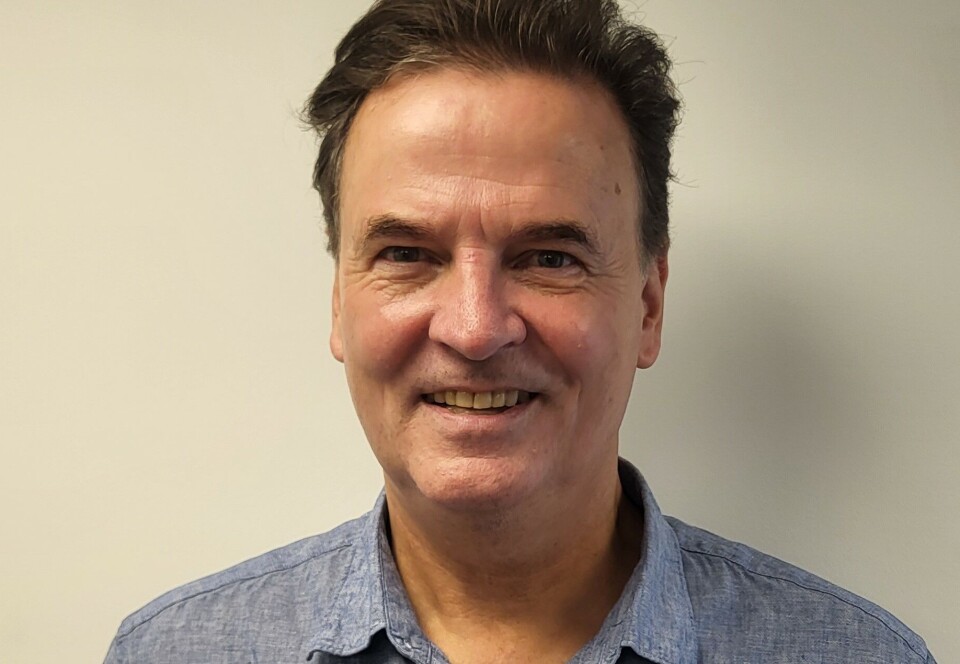
“Luther believed that Jesus alone, through his advocate the Holy Spirit, should be the only mediator between humans and God. As a result, all intermediaries, such as saints and angels, disappeared,” says Rolfsen.
Many believe this was a step towards secularisation.
"It's important to note, however, that this is a secularisation that happens from a religious starting point," he says.
The Protestant Church abolished the saints – those who carried people's prayers to God. But the angels were not removed from the church’s teachings. They just received less prominence.
Angels are still part of the Church of Norway
“In the world of Jesus and Paul, there were angels and all kinds of spiritual forces in the heavens. Martin Luther believed in angels. The church may have reduced their prominence over the years, but both angels and other powers are still part of the church's official theology,” says Rolfsen.
Angels are part of the texts read in church, such as in the Book of Revelation, the Annunciation to the shepherds, and Holy Communion.
“We praise God along with the heavenly host every Sunday during Holy Communion. As we kneel at the altar, angels and those who have gone before us complete the circle. They're the ones we don't see but who are still there,” he says.
Magnar Kartveit points to church art.
“Angels are absolutely present in the church. They are in pictures and on walls. We also have the Annunciation, which celebrates the angel Gabriel appearing to the Virgin Mary and announcing the birth of Jesus,” says Kartveit.
The angels have changed over the years, however.
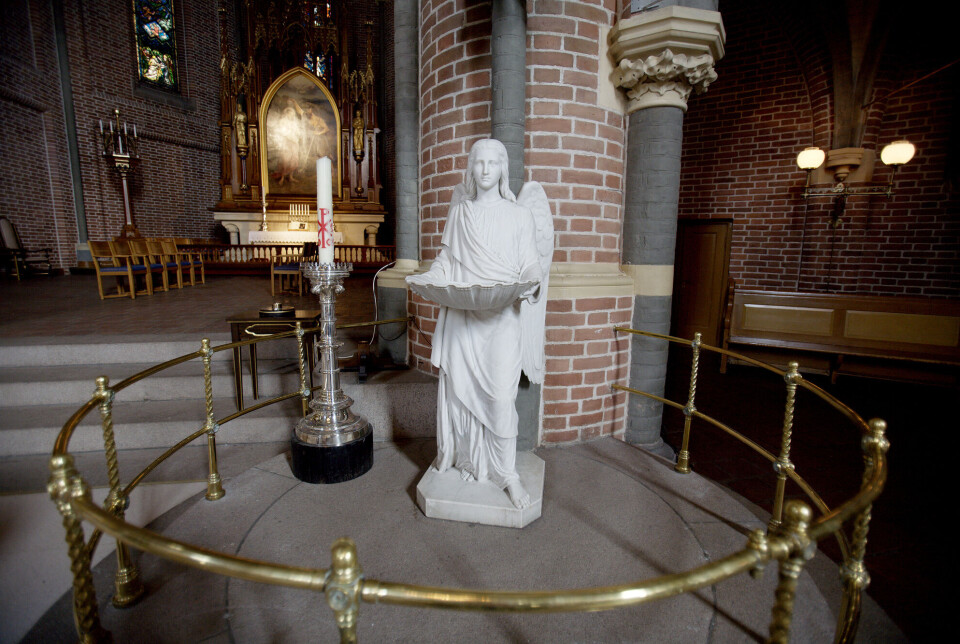
Angels in Northern Norway and the middle class
With the Norstat survey finding that 23 per cent of Norway’s population believe in angels, Rolfsen believes folk beliefs remain strong.
Most viewed
“The popular religiosity with angels, spiritual powers, and supernatural forces has survived despite the church's attempts to remove them for more than 500 years,” says Rolfsen.
“Some have distanced themselves from the Christian faith because we cleansed it too much, while others have retained their faith while still believing in angels and powers. This is common in some Christian communities in Northern Norway, but also among Norway’s middle class, and especially among women,” he says.
But the church is changing.
“Over the past 30-40 years, certain parts of the Lutheran Church have begun to reintroduce some elements of Catholicism. We're no longer as strictly Lutheran or rational as we once were, particularly in rejecting alternative religiosity," says Rolfsen.
The Catholic Church is firm in its stance.
Must believe in angels
“All Catholics must believe in angels, as established in the Catholic doctrine,” says Oddvar Moi. He is a priest in the Oslo Catholic Diocese.
Still, angels are not very important in everyday Catholic life.
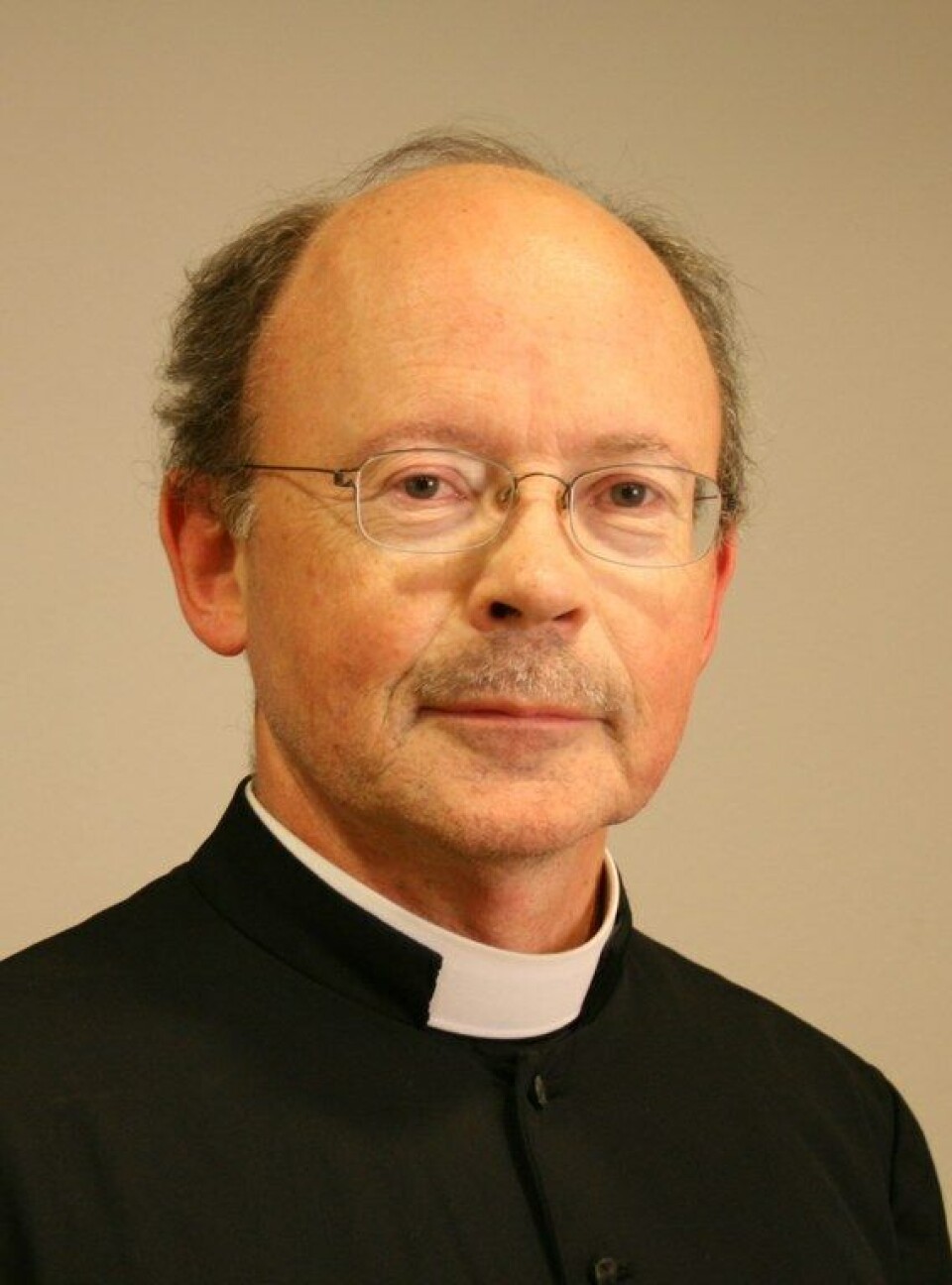
“In the church, we celebrate angels in mass a couple of times a year, but we celebrate saints a few hundred times,” says Moi.
The Protestant Seventh-day Adventist Church believes in both angels and demons.
“We Adventists believe that angels are at active more often than we know, but they operate beyond human sensory perception,” Tor Tjeransen tells sciencenorway.no. He works with mission and media in the Seventh-day Adventist Church.
Tjeransen does not find it strange that there are far more angels in the Bible than today.
Evil personified
“It's not true that angels appeared often to people back then, but rarely today. The Bible was written over a long period of time and gives us the highlights of humanity's experience with divinity. That's why angel encounters are more frequent,” says Tjeransen.
Adventists also believe in Satan and evil angels.
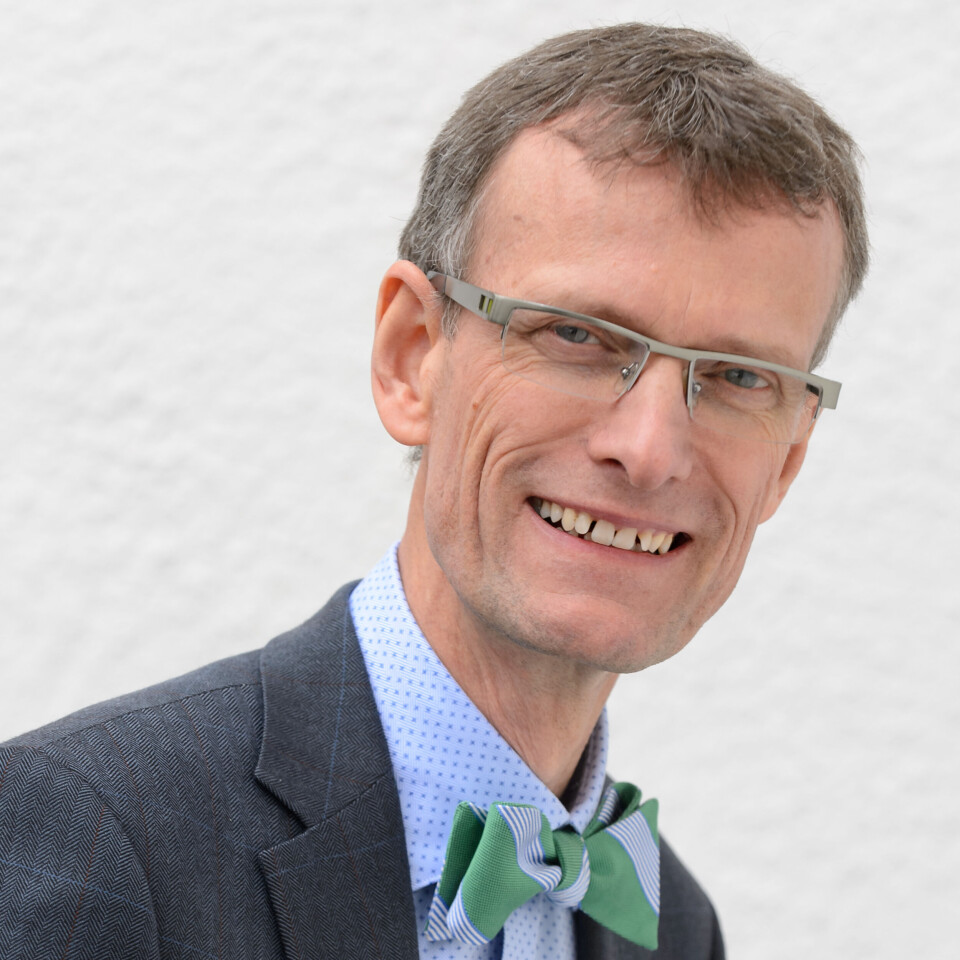
“We're just as certain that demons exist as personified evil in the world today. This is something we in Norway have difficulty accepting,” says Tjeransen.
Belief in angels is strong in Arendal’s Filadelfia congregation.
Manipulation by evil angels
Pastor Flatøy knows several people who say they have met or seen angels.
“Angels are invisible, spiritual beings, but they can make themselves visible to us. People see them especially in situations where they have been in extreme distress or despair. They gain strength from the angel,” says Flatøy.
He believes that evil spirits and the devil are the cause of conflicts on Earth.
“Selfish people are manipulated, consciously or unconsciously, by the devil and evil spirits to further their own agendas and will,” says Flatøy.

“According to the Bible, Satan has three agendas: to steal, kill, and destroy. He lies and manipulates and gets the demons to work for him. It's this infiltration from an invisible world that causes hell and war on Earth,” says Flatøy.
Professor Magnar Kartveit has not personally encountered angels.
“But sometimes you wonder. Once, I left my wallet on a bench at the airport. When I returned after several minutes, the wallet was still there. An angel must have been looking after it,” he says.
“It’s situations like this, when something inexplicable happens or we have extraordinary luck, that we attribute it to a good force, like an angel. But we could also attribute it to Jesus, God, or fate.”
———
Translated by Ingrid P. Nuse
Read the Norwegian version of this article on forskning.no






































